Editor: Sudan Media Charter a means to silence critical press
The editor-in-chief of El Jareeda newspaper says that the government resorted to the Media Charter of Honour, that has been signed by Sudanese press and the Sudanese security apparatus, in the context of its search for a way out of the pressures it is subjected to in the field of freedoms.
 Newspaper kiosk in Khartoum (Photo: SUNA)
Newspaper kiosk in Khartoum (Photo: SUNA)
The editor-in-chief of El Jareeda newspaper says that the government resorted to the Media Charter of Honour, that has been signed by Sudanese press and the Sudanese security apparatus, in the context of its search for a way out of the pressures it is subjected to in the field of freedoms.
In an interview with Radio Dabanga, Ashraf Abdelaziz says that the security apparatus submitted to the committee that resulted in the Charter of Honour of the press controls and guidelines for the work of the press, explaining that the security director confirmed its intervention in the event of non-compliance of the Committee in the implementation of the control.
He did not rule out the return of censorship and the confiscation of newspapers in the event the newspapers do not adhere to the red lines and directives set by the security apparatus.
He explained that the guidelines include not to deal with relations with neighbouring countries, or those linked with Sudan, such as Saudi Arabia, the UAE, Egypt and others.
He called for non-implementation of laws restricting freedom of the press and called for the participation of journalists in the discussion of the press act to be approved by parliament.
Complaints filed
Mohamed Widaa, the editor of El Baath newspaper, confirmed the continuation of filing complaints by the security apparatus against journalists, despite the promises made by the director during the signing of a charter to drop all charges.
He told Radio Dabanga that he would appear before the court on Thursday in a complaint by the security apparatus after the complainant representative confirmed that he had not received any official letter stating that the complaint had been dropped.
He explained that the problem of the press lies in the fact that the Union of Journalists is not interested in freedoms or protecting its membership from the entanglement of government agencies.
He stressed the continued monitoring by the security apparatus
Regarding the form distributed by the security apparatus to the editors of the newspapers, Widaa expressed surprise at the questions contained in the questionnaire about the tribe and the colour of the skin, considering that an explicit violation of the Constitution and demanded to refuse to deal with it.
Intrusive information
As reported by Radio Dabanga yesterday, Newspaper editors in Sudan have been obliged to fill-in forms for the security apparatus which include details such as tribe, skin colour, and political affiliation. Journalists have denounced the forms: “This has bad connotations.”
The security service (NISS) has demanded that newspaper editors fill in a form of personal data and information including tribe, skin colour, military activity, a sketch of their houses and the closest methods of access to them.
Media charter
The signing of the recent media charter recalls the charter from 2009, which was also signed by newspaper editors-in-chief at the time. The NISS used it as a pretext to conduct censorship prior to publication and confiscate newspapers. Originally, the NISS did not have the authority to interfere in the content of Sudanese newspapers. For several years, Sudan has been ranked at the bottom of the World Press Freedom Index by Reporters Without Borders.
Medicine shortage
Iman Osman, editor-in-chief of El Midan newspaper, warned of the dire consequences of the worsening of the country’s medicine crisis, citing the absence of a number of life-saving medicines as the capital and cities of some states continue to suffer.
In an interview with Radio Dabanga, Osman described the medicine crisis as serious, especially in light of high rates of cancer, renal failure, epidemiology and other diseases.
She said the country is living its worst days due to successive crises such as the bread, fuel and transportation crisis.











 and then
and then